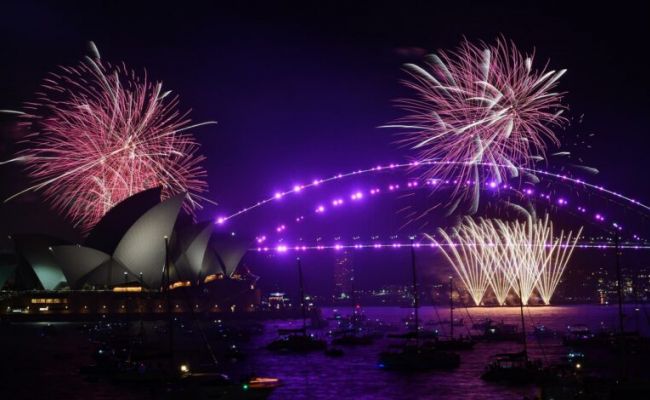Every year on January 26th, we observe Australia Day to commemorate the arrival of the First Fleet in 1788, which established the first British colony in Australia at Port Jackson, New South Wales. Originally known as Foundation Day, the holiday today honors the different cultures and accomplishments of all Australians.
However, it has sparked debate among Indigenous Australians, who regard it as Invasion Day, reflecting complicated historical and cultural viewpoints. Community festivals, barbecues, fireworks, and citizenship ceremonies mark the day, combining joy with reflection on Australia’s history and identity.
History
Australia Day, celebrated annually on January 26th, commemorates the landing of the First Fleet in Port Jackson, New South Wales, in 1788, as well as Captain Arthur Phillip’s foundation of the first colony. Originally called ‘Foundation Day,’ the occasion progressed from early nineteenth-century sporting events such as horse racing to popular regattas by the 1830s.
Fifty years after Phillip’s landing, in 1838, Australia established the first public holiday, marking Foundation Day. It eventually became an annual tradition, with events usually taking place on or around January 26th. Sydney celebrated this date as “First Landing Day” with banquets and, later, an annual race in the harbor. All colonial capitals, except Adelaide, celebrated ‘Anniversary Day’ as a public holiday by 1888.
In 1938, the 150th anniversary was marked by statewide events commemorating Captain Phillip’s landing and the colony’s founding. The Commonwealth Government and states united the celebration in 1946, naming it ‘Australia Day’; however, the public holiday remained on the nearest Monday to January 26.
During the 1988 bicentenary, Australia Day was commemorated across the country on January 26th, including a re-enactment of the First Fleet trip. It wasn’t until 1994 that all states and territories agreed to commemorate Australia Day on January 26th, or the nearest Monday. Since then, formal ceremonies and local celebrations have honored the day, showcasing Australia’s cultural diversity and national identity.
Controversial Holiday
Since its inception as a national holiday in 1994, Australia Day on January 26th has received increasing criticism for its association with the landing of the First Fleet at Sydney Cove in 1788. This anniversary commemorates the start of British colonization of Aboriginal countries, sparking extensive discussion about its suitability as a national commemoration.
Critics claim that January 26th, also known as Invasion Day by Indigenous people, represents a sad period in Australia’s history rather than a reason to celebrate. Protests against the day have been going on for decades, including noteworthy events such as the Day of Mourning and Protest conducted in Sydney by the Aborigines Progressive Association in 1938.
In reaction to these complaints, some Australians, including people from various cultural origins, have chosen not to attend Australia Day celebrations, highlighting ongoing societal tensions and calls for reconciliation.
FAQ
When is Australia Day?
Australia Day is a public holiday on January 26th that commemorates Australia’s National Day.
On that date in 1788, the First Fleet of British Ships arrived in Port Jackson, New South Wales, where Captain Arthur Phillip raised the British flag.
Any state or territory shifts the public holiday to the following Monday if January 26th falls on a Saturday or Sunday.
